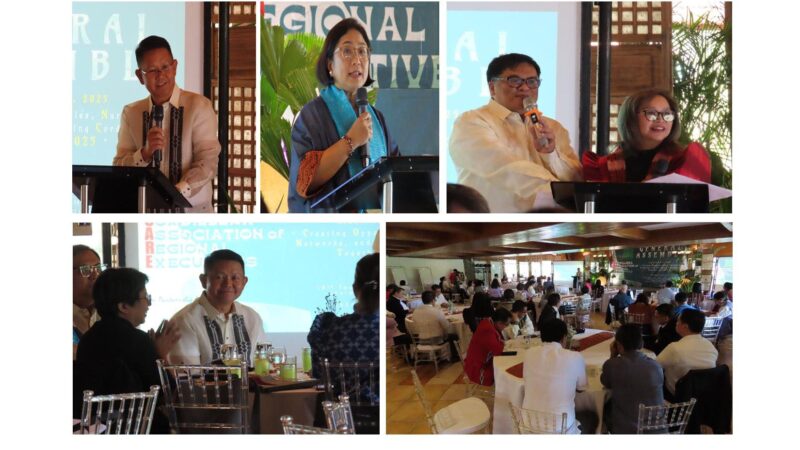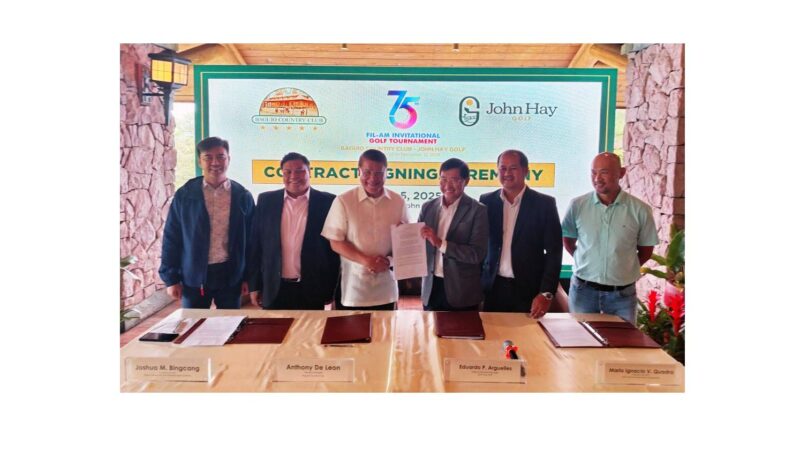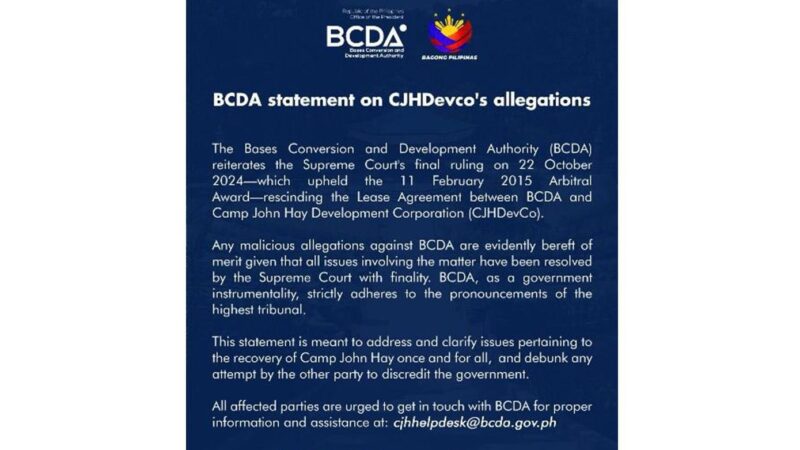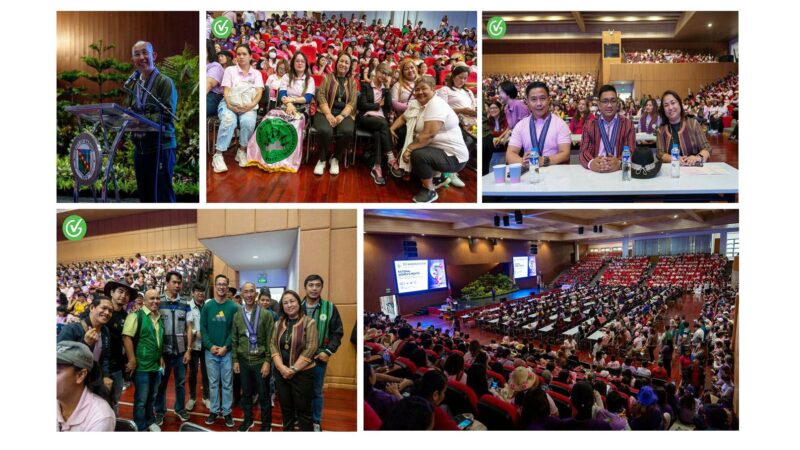Survey reveals breach in MPHS among Baguio citizens
07 May 2021 – A breach in Minimum Public Health Standards (MPHS) by Baguio citizens was revealed in a survey-study by a group of professors and physicians, as presented to Mayor Benjamin Magalong and city executives during the management committee meeting last Tuesday.
Said team is composed of Department of Health (DOH) Assistant Secretary for health policy and health development Baguio Boy Dr. Kenneth Ronquillo, Dr. Eleanor Galvez, and Professors Sheila Safra and Marilyn Crisostomo, with the study: “Insights on Covid-19 among Baguio residents, Correlates of non-compliance to Minimum Public Health Standards (MPHS).”
The representative group of 1,214 for Baguio’s basic 2021 enumerated population of around 378,500, composed of an equal number of males and females, 425 from the 18 – 35 and 789 from the 36 – 67 age groups, with education of elementary up to post-graduate level, 995 employed and 219 unemployed individuals underwent the survey voluntarily yet anonymously in March 9 to 27 this year.
Majority of the respondents, Ronquillo said, were residents of Irisan, Camp 7, Bakakeng Central and Norte and Loakan Proper, barangays that registered the highest number of Covid-19 patients in that given time.
The findings of the study confirmed that “adherence to all MPHS appears highly challenging for the majority of respondents with 72% not being able to comply.”
MPHS hygienic practices in the study include handwashing, avoiding contact with specific body parts with unwashed hands, use of disinfectant in lieu of handwashing, cough etiquette, and use of footbath, which in all had 44% non-compliance. Face covering practices are the proper use of face mask and shield consistently, and when necessary; scored 29.2% non-compliance.
Social distancing practices include staying away from infected people or when sick, doing self-quarantine, social/physical distancing and choosing to dine outdoors instead of a closed environment gained respondents’ score of 65% noncompliance.
A value was assigned to practices being complied with or not being complied with, and software was used for multiple logistic regression.
The 15-minute online survey consists of twenty-seven (27) questions which were cleared, scored on the Likert Scale and analyzed with statistical tools with reference to predisposing factors such as age, gender, education, employment, living conditions and knowledge on symptoms, groups at risk, prevention and mode of (Covid-19) transmission and incubation period; and reinforcing factors: self-efficacy, personal experience, psychological impact and knowledge on vaccines.
Enabling factors: governance, policies and decision, testing and tracing, barriers and trust in the source of information were also considered in the study which is referred to as the World Health Organization Covid-19 Snapshot Monitoring (COSMO) survey tool.
The predisposing, enabling and reinforcing factors were then inter-correlated with and among the MPHS variables, findings of which are statistically insignificant, significant and very significant.
Respondents who had poor general knowledge as to Covid-19, in terms of prevention, risks, symptoms, treatment and vaccine, and mode or transmission are more likely to be non-compliant.
A correlation was also seen between enabling factors, governance, policies and decisions, barriers and driver, and trust in the source of information, as with self-efficacy and psychological impact.
As a whole, there was 72% noncompliance to MPHS.
After the presentation, City Administrator Bonifacio de la Pena said that in accordance with the Covid-19 related study survey, the LGUs policies and protocols shall undergo a review. Coordination with the academe, concerned institutions, and specifically targeted barangays shall be focused on, for impact and consistency. – Julie G. Fianza







